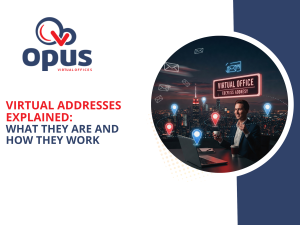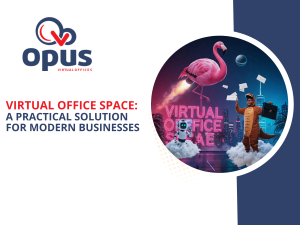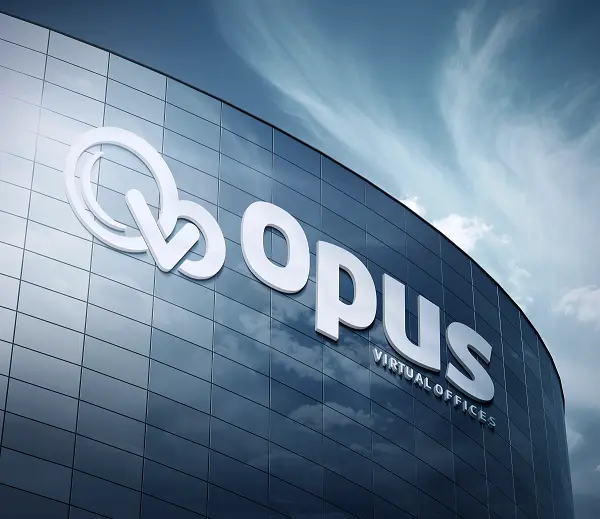How Taking Breaks Increases Productivity
In the relentless pursuit of productivity, the idea of taking breaks may seem counterintuitive. Yet studies and real-world examples demonstrate that breaks are not merely a pause from work but a vital component of maintaining and enhancing productivity. Understanding how and why breaks contribute to increased productivity can help individuals and organizations optimize their work habits for better results.
The Science Behind Breaks and Productivity
- Emotional Recharge: The human brain is not designed for prolonged periods of intense focus. If it was, we all wouldn’t lose our minds so easily. Cognitive resources, like attention and memory, are limited and depleted over time. Research has shown that short breaks during tasks can significantly improve focus and performance. Breaks help to mitigate brain fog by providing mental rest, allowing cognitive functions to reset and improve.
- Physical Health Benefits: Continuous sitting and repetitive tasks can lead to physical strain, fatigue, and various health issues. How many people have back problems from sitting most of the day? It’s a lot. Regular breaks encourage movement, which is essential for maintaining physical health. Activities such as stretching, walking, or simple exercises improve blood circulation, reduce the risk of muscle problems, and refresh the body. The Pomodoro Technique, which advocates 25 minutes of focused work followed by a 5-minute break, is a practical example of incorporating physical movement into a work routine.
- Emotional Well-being: Stress and burnout are significant productivity killers. Breaks provide a mental and emotional pause from work-related stressors, reducing the risk of burnout. Activities like mindfulness, meditation, or engaging in a hobby during breaks can boost mood and overall emotional well-being. A happier, less stressed individual is more likely to be productive and creative. It all depends on your situation.
Types of Effective Breaks
- Micro-breaks: These are short breaks lasting a few minutes. They can involve standing up, stretching, or simply looking away from the computer screen. Micro-breaks help reduce eye strain and muscle tension, providing quick recovery periods for both the mind and body.
- Mini-breaks: Lasting between 5 to 15 minutes, mini-breaks allow for more substantial activities like a short walk, a quick snack, or a short chat with a co-worker. These breaks can significantly improve mood and refresh cognitive resources.
- Lunch Breaks: Often overlooked in high-pressure environments, lunch breaks are crucial for sustained productivity. Taking a full lunch break away from the desk to eat, relax, and socialize can prevent the mid-afternoon slump, ensuring higher performance levels throughout the day.
Virtual Offices Increase Productivity
Virtual Offices reduce stress and enhance productivity because of how simple they are to use. With a virtual office, you no longer need to spend time commuting to and from work every single day. That alone will ease the strain on your mind. You are able to work from home or anywhere, so you can always be in your comfort zone. Opus Virtual Offices, a nationwide leader in virtual office services, saves you not only time and stress, but money as well. You won’t have to worry about lease payments and menial office tasks, freeing your mind to work on the important things.





























